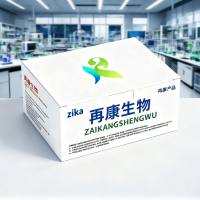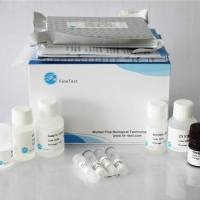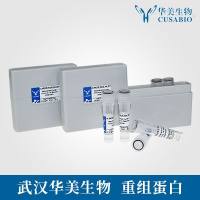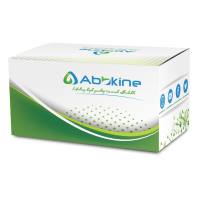Citrate is the preferred anticoagulant for blood collection, as EDTA damages platelets and heparin modifies their function (1 ). Citrate allows the rapid generation of platelet-rich plasma (PRP), with a high yield of platelets; however, this method has certain disadvantages. In particular, the PRP preparation has a limited stability (no longer than 2 h) and contains plasma proteins, including enzymes. In addition, human platelet-rich plasma (PRP) prepared from blood collected into trisodium citrate (3.8% w/v) has a depressed ionic calcium concentration, which can cause platelet aggregation and release of substances during centrifugation (2 ). To overcome these different problems, a centrifugation technique has been developed for the isolation and washing of platelets from human or rodent blood anticoagulated with acid-citrate-dextrose (ACD). The cells are resuspended in a physiological buffer under well-defined conditions, notably the presence of plasmatic ionic calcium concentrations (2 mM ) and the absence of coagulation factors or other plasma components.






